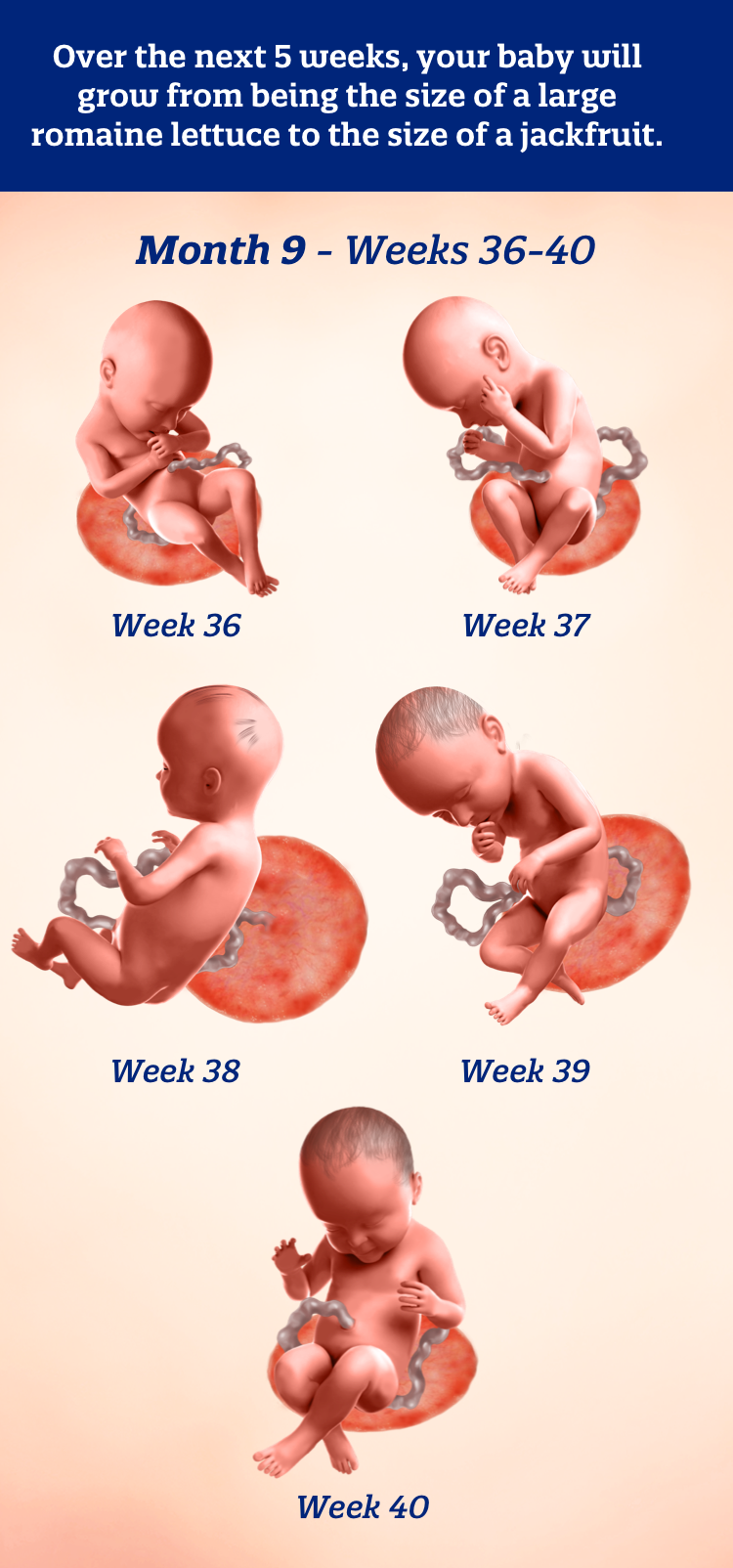
The Nine-Month Journey: A Comprehensive Guide to Pregnancy
Pregnancy, a remarkable and transformative journey, spans approximately nine months and involves significant physical, emotional, and hormonal changes. Understanding the different stages of pregnancy is crucial for expectant mothers and their support systems to navigate this extraordinary experience.
First Trimester (Weeks 1-12)
- Week 1-4: Conception occurs when a sperm fertilizes an egg, forming a zygote. The zygote travels through the fallopian tube and implants in the uterine lining, initiating the pregnancy.
- Week 5-8: The embryo develops rapidly, forming the major organs and systems. Morning sickness, breast tenderness, and fatigue are common symptoms.
- Week 9-12: The fetus, now fully formed, begins to move and develop distinct facial features. The placenta, a vital organ that provides nourishment and oxygen to the fetus, is fully functional.
Second Trimester (Weeks 13-28)
- Week 13-16: The fetus grows rapidly, and the mother’s belly begins to show. Fetal movements become more noticeable.
- Week 17-20: The fetus develops a heartbeat that can be detected with a stethoscope. The mother may experience increased energy levels.
- Week 21-24: The fetus becomes more active and responsive to external stimuli. The mother’s uterus expands, causing the belly to grow significantly.
- Week 25-28: The fetus gains weight and develops a protective layer of fat. The mother may experience Braxton Hicks contractions, which are practice contractions that prepare the uterus for labor.
Third Trimester (Weeks 29-40)
- Week 29-32: The fetus continues to grow and mature. The mother’s body prepares for labor by releasing hormones that soften the cervix.
- Week 33-36: The fetus develops a sleep-wake cycle and begins to turn head-down in preparation for birth. The mother may experience increased swelling and back pain.
- Week 37-40: The fetus is fully developed and ready for birth. The mother’s body releases hormones that trigger labor.
Signs and Symptoms of Pregnancy
- Missed period: The most common early sign of pregnancy is a missed menstrual period.
- Morning sickness: Nausea and vomiting, especially in the morning, is a common symptom during the first trimester.
- Breast tenderness: Increased breast size and sensitivity can occur early in pregnancy.
- Fatigue: Feeling unusually tired is a common symptom throughout pregnancy.
- Frequent urination: The growing uterus puts pressure on the bladder, leading to increased urination.
- Fetal movements: The mother may begin to feel the baby’s movements around 18-20 weeks of pregnancy.
Prenatal Care
Regular prenatal care is essential for monitoring the health of both the mother and the fetus. Prenatal visits typically include:
- Physical exams: To assess the mother’s health and monitor the baby’s growth.
- Ultrasound scans: To visualize the fetus and check for any abnormalities.
- Blood tests: To screen for genetic disorders and monitor hormone levels.
- Urine tests: To check for protein, glucose, and other substances.
- Nutritional counseling: To ensure the mother is receiving adequate nutrition for both herself and the baby.
Lifestyle Modifications
- Diet: A healthy diet is crucial during pregnancy. Focus on consuming fruits, vegetables, whole grains, and lean protein. Limit processed foods, sugary drinks, and caffeine.
- Exercise: Regular exercise is recommended throughout pregnancy, but consult with a healthcare provider before starting any new exercise program.
- Sleep: Aim for 7-9 hours of sleep per night. Use pillows to support your belly and back.
- Smoking and alcohol: Avoid smoking and alcohol consumption during pregnancy, as they can harm the baby.
- Medications: Only take medications that are prescribed by a healthcare provider. Some medications may be harmful to the fetus.
Labor and Delivery
Labor begins when the uterus starts contracting regularly. The contractions gradually become stronger and more frequent, eventually leading to the birth of the baby. Labor can be divided into three stages:
- First stage: The cervix dilates to allow the baby to pass through.
- Second stage: The baby is born through the vagina.
- Third stage: The placenta is delivered.
Postpartum Recovery
After childbirth, the mother’s body undergoes a series of changes to return to its pre-pregnancy state. This recovery period, known as the postpartum period, typically lasts 6-8 weeks. During this time, the mother may experience:
- Vaginal bleeding: This is normal and gradually decreases over time.
- Breastfeeding: Breastfeeding can help the uterus contract and return to its original size.
- Uterine cramps: These are similar to menstrual cramps and gradually subside.
- Emotional changes: Postpartum depression can occur, so it’s important to seek support if needed.
Conclusion
Pregnancy is an extraordinary journey that brings forth a new life. Understanding the different stages of pregnancy, recognizing the signs and symptoms, and adhering to prenatal care guidelines are essential for ensuring the health and well-being of both the mother and the baby. By embracing the transformative experience of pregnancy with knowledge and support, expectant mothers can navigate this remarkable chapter with confidence and joy.